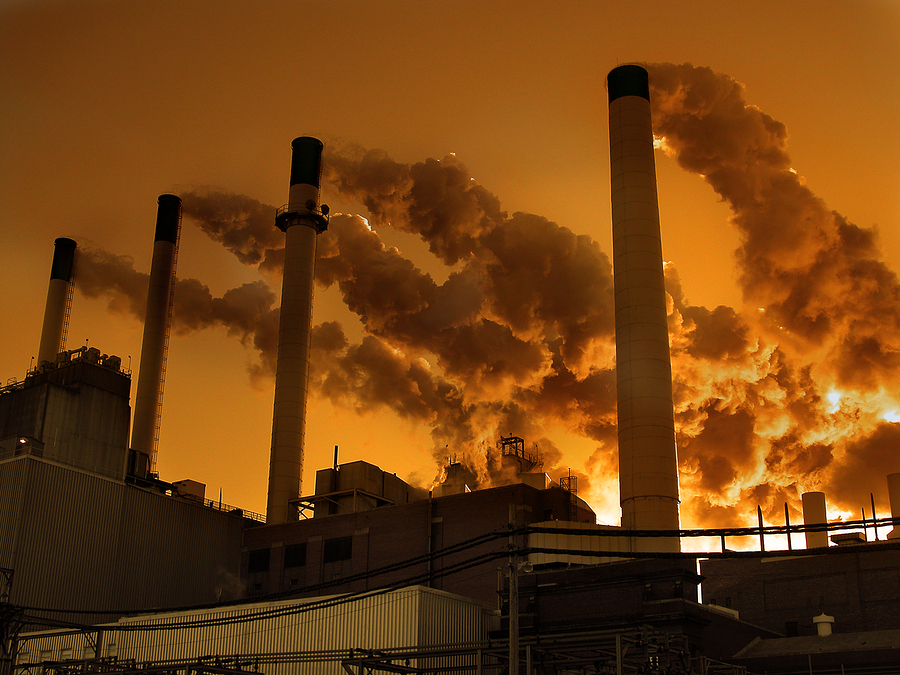Support strong Canadian climate journalism for 2025
CALGARY — A new study commissioned by environmental groups puts Canada in the middle of the pack among the Group of Seven industrial countries when it comes to dealing with coal-fired power plants.
The report, published Wednesday by the London-based climate think-tank E3G, shows Japan as the clear laggard because of its plans to add significant coal generating capacity.
The United States, meanwhile, is singled out for its aggressive efforts to reduce its coal dependency despite having more than double the coal generating capacity than the rest of the G7 combined.
Canada, which placed fourth in the rankings, is praised for Ontario's success in eliminating coal power plants and Alberta's commitment to accelerate its phase-out of coal use.
Chris Littlecott, author of the report and program leader of fossil fuel transition at E3G, said Ontario was a "shining example" of coal phase-out by putting in firm timelines and policies.
"I think that sets a precedent for other countries, other provinces to take similar action," said Littlecott.
At the national level, Canada is one of only three members of the G7 that have firm restrictions on building new coal-fired power plants and deadlines for the closure of existing plants.
Littlecott said, however, that Canada's 50-year lifespan for existing coal plants is "overly generous" and hopes the new Liberal government will introduce stricter guidelines.
"Being a member of the G7 brings a certain level of responsibility in terms of setting global norms," said Littlecott.
Alberta's NDP government is working on a new environmental policy that could see a faster phase-out of coal-fired power plants, which last year made up 55 per cent of the province's electricity supply.
Power generators in Alberta have put forth policy recommendations to the government that would see them reduce coal power output, but not entirely phase out coal plants until 2066.
The province plans to release its climate change policy ahead of the United Nations Climate Change Conference in Paris that begins Nov. 30.
Both prime minister-designate Justin Trudeau and Alberta Premier Rachel Notley have said they plan to attend the conference.
Ian Bickis, The Canadian Press



Comments